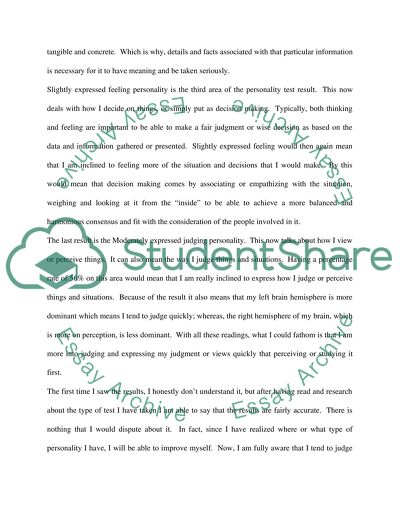Type of Person Essay Example | Topics and Well Written Essays - 500 words. Retrieved from https://studentshare.org/miscellaneous/1544543-type-of-person
Type of Person Essay Example | Topics and Well Written Essays - 500 Words. https://studentshare.org/miscellaneous/1544543-type-of-person.


